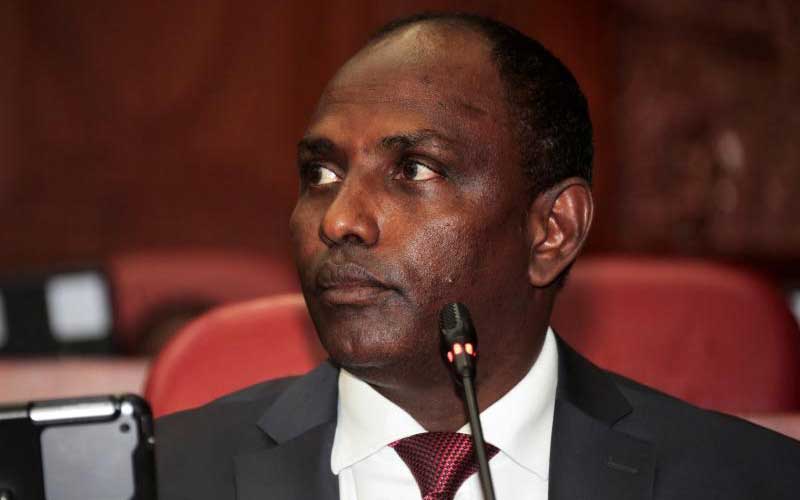×
The Standard e-Paper
Home To Bold Columnists

National Treasury CS Ukur Yatani. Treasury is mulling a mini-budget that may see deep spending cuts for ministries and departments as coronavirus hits the economy. [File, Standard]
National Treasury may present a mini-budget to address the impact of the deadly coronavirus.







